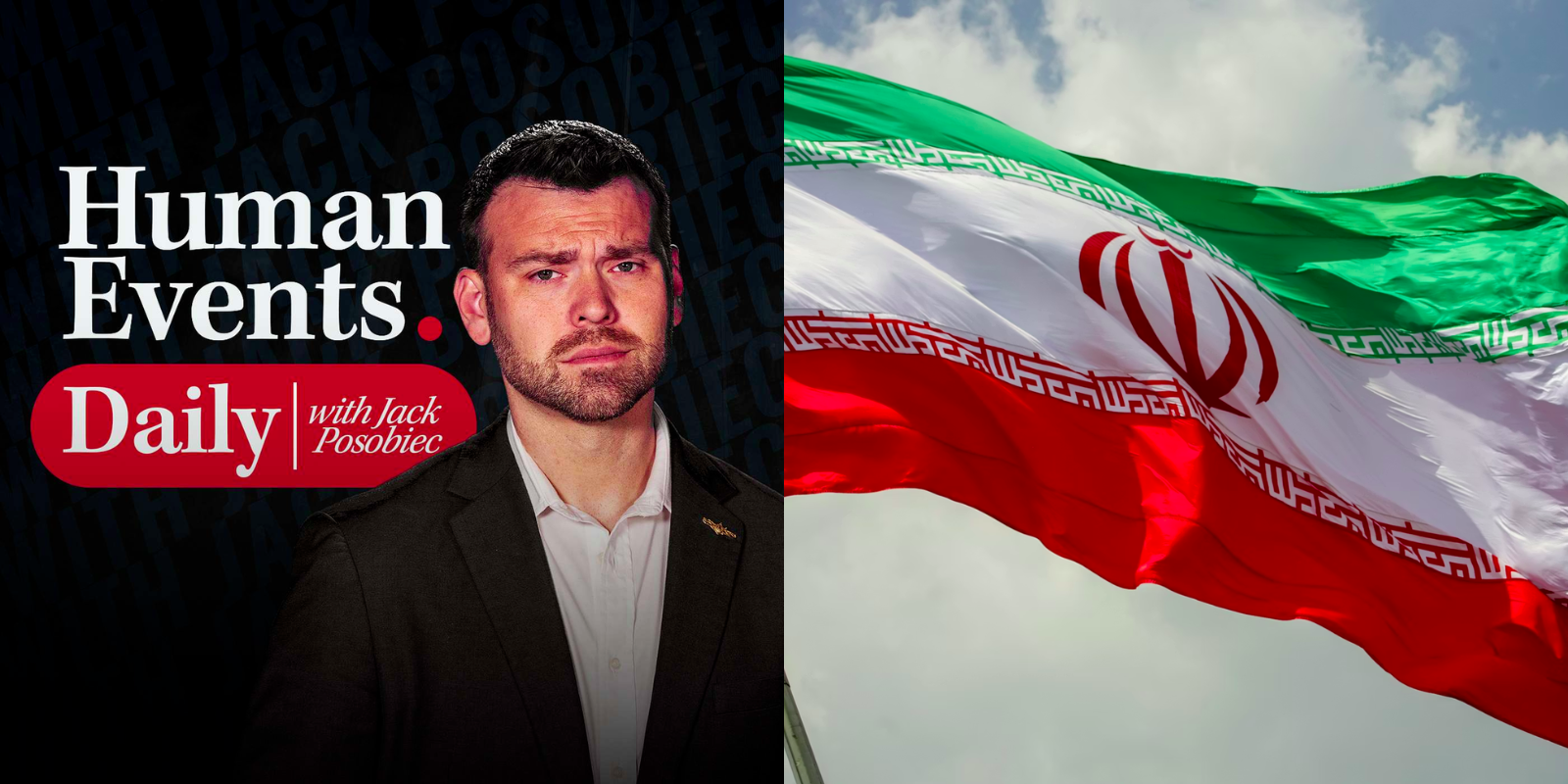Facebook is reportedly in talks with the Commodity Futures Trading Commission (CFTC) to determine whether federal regulators will take an interest in the company’s plan to begin “printing” its own digital currency.
The CFTC is in the “very early stages of conversations” with Facebook, according to a Sunday report in the Financial Times.
The agency is responsible for regulating U.S. futures and option markets. If it determines that Facebook’s proposed cryptocurrency doesn’t fall in one of those two categories, it may decide not to take a regulatory interest.
The company is seeking to launch its own cryptocurrency, known as “GlobalCoin,” to enable its own custom payment system on Facebook messaging applications.
Through partnerships with more traditional financial institutions — including PayPal, Western Union and American Express — the company has been able to harvest financial data from users since at least 2017, giving it insight into how users interact and move their money.
That dynamic prompted a moment of bipartisanship between Senate Banking Committee Chairman Larry Crapo (R-Idaho) and Ranking Member Sherrod Brown (D-Ohio) last month. The two co-signed a letter on May 9 asking Facebook to provide more information about the data it had harvested and what it planned to do with it.
[caption id="attachment_177779" align="alignnone" width="5211"] Sherrod Brown (Flickr, CC)[/caption]
Sherrod Brown (Flickr, CC)[/caption]
Even if financial regulators look the other way, Facebook’s new cryptocurrency is likely to bolster those who say the company should be investigated over antitrust concerns.
A Monday report indicated that under an agreement with the Justice Department, the Federal Trade Commission has obtained the jurisdiction to pursue such a probe.
Critics have long called for stronger antitrust enforcement against the company. Massachusetts Sen. Elizabeth Warren has argued that Facebook should be separated from WhatsApp and Instagram, while Facebook co-founder Chris Hughes said allowing Facebook to acquire those two companies represented the FTC‘s “biggest mistake”.
Democratic Rhode Island Rep. David Cicilline, who chairs the House antitrust subcommittee, called for an investigation in a March op-ed, noting Facebook “paid teenagers to spy on their behavior,” “secretly collected highly sensitive data through the back doors of other apps, such as ovulation trackers,” and “gave at least 60 device makers direct access to its users’ data.”
Facebook acquired Instagram in 2012 and WhatsApp in 2014, both during President Obama’s tenure in office.
Facebook acquired Instagram in 2012 and WhatsApp in 2014, both during President Obama’s tenure in office.
It isn’t clear how enthusiastic President Trump’s administration is about cracking down on tech titans.
Facebook is already expected to pay the FTC up to $5 billion as part of a settlement for exposing more than 70 million users during the 2016 election, but many critics have said the agency should have held Facebook CEO Mark Zuckerberg personally liable for the incident, including Sens. Josh Hawley (R-Mo.) and Richard Blumenthal (D-Conn.).
“Fines alone are insufficient,” Hawley and Blumenthal wrote in another May letter. “As important as remedies on Facebook as a company are, the FTC should impose tough accountability measures and penalties for individual executives and management responsible for violations of the consent order and for privacy failures.”
Barring unforeseen regulatory problems, Facebook plans to debut its new cryptocurrency in 2020.
Rudy Takala formerly worked as a reporter for the Washington Examiner and as an editor for The Hill, both in Washington, D.C."





